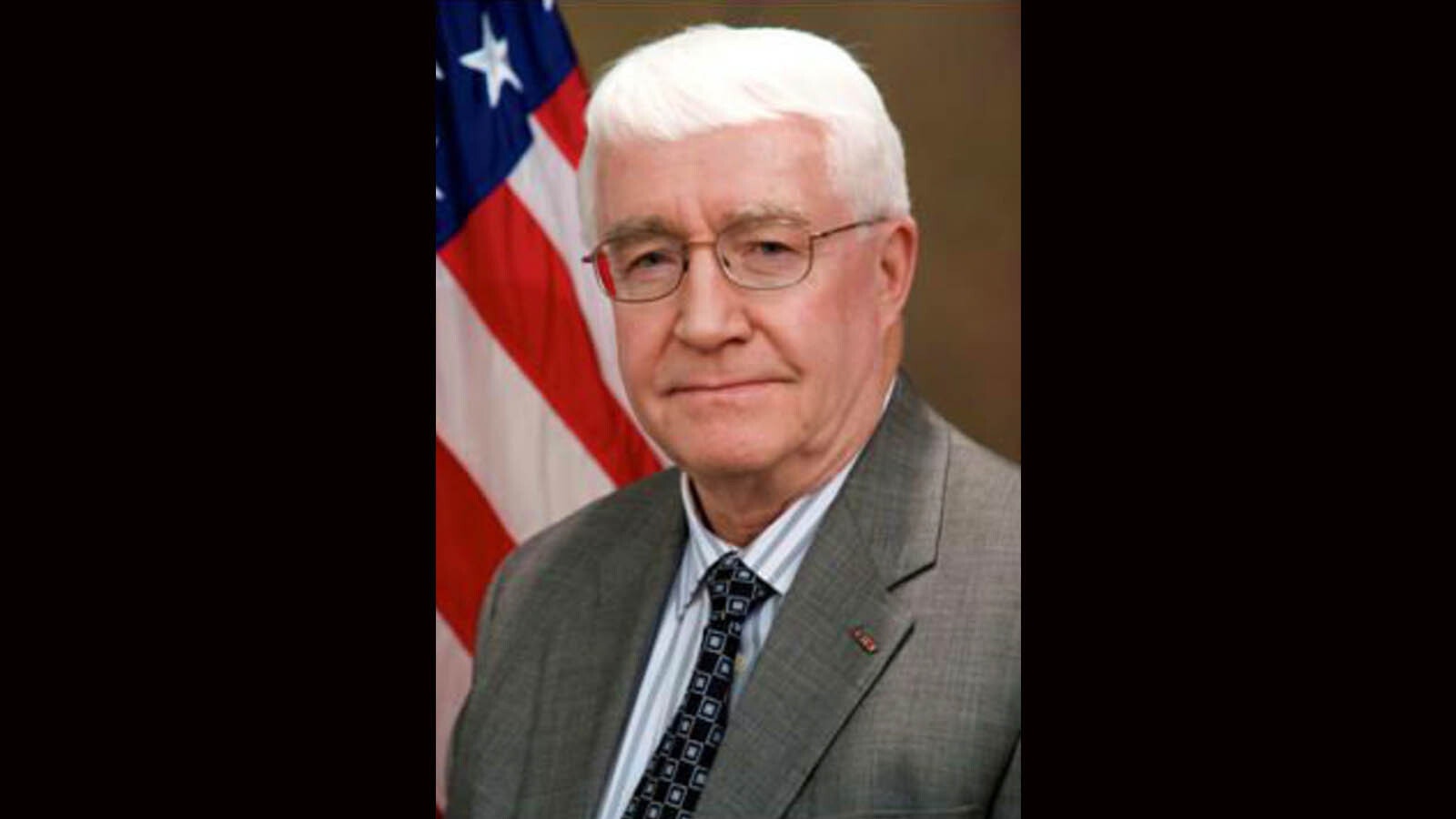Former Speaker of the House Albert Sommers’ September 5th column regarding my recent cloud seeding and geo-engineering bill proposals that I presented to our Joint Legislative Agriculture Committee meeting on Aug. 28th has remained on my mind.
In response, I reached out to several people who share my concerns about offering Wyoming a broader perspective — one shaped by the many diverse voices that have contacted me about cloud seeding and geo-engineering operations in our state since I brought this issue forward in our last legislative session.
For more than 70 years, people have been trying to tinker with the weather through something called cloud seeding, basically, spraying or releasing chemicals like silver iodide into clouds in hopes of making it rain or snow.
The problem is, silver iodide is classified as an environmental hazard, and there’s still no solid proof that cloud seeding even works. Yet these experiments continue in Wyoming and around the country, without clear oversight, accountability, or consent from the people who live under those clouds.
Across Wyoming, people from all walks of life, ranchers, farmers, small business owners, and families alike, are raising serious concerns about this practice. Our agriculture community depends directly on healthy soil, clean water, and natural weather cycles. When artificial experiments start tampering with those systems, it’s only right that folks ask tough questions.
More and more citizens across America are starting to speak up. Over 30 states are now looking at legislation to either restrict or completely ban cloud seeding and geo-engineering experiments in our skies. Folks are rightly concerned about what this means for our health, our air and water, our wildlife, and the future of our land after decades of exposure to the chemicals they use.
Companies like Rainmaker and others have raised millions of dollars to expand weather modification programs, and they’ve lobbied hard to block bans or regulations. Their efforts have kept these programs active in many parts of the country, even while questions remain about whether they actually work or cause unintended harm.
Now, to be fair, there are folks who support these programs because they believe they’re helping.
But could it be that some just want to look like they’re doing something about Wyoming’s water issues without any real proof?
When the Agriculture Committee pressed the four experts who testified in favor of cloud seeding, none of them could say with certainty that it actually works. Their answer was that they need to be cautious, we need more time, more research, and more funding. I mean really?
They have had seven decades to prove that cloud seeding works and yet they can’t or won’t say in no uncertain terms that it is effective!
As the committee member asking those questions, I found those to be lazy answers to a serious problem. Constantly calling for “more research” just keeps many of the believers employed, and I have to wonder, could that be a reason for their support?
What Wyoming, and the entire Colorado River Basin, needs are real, long-term solutions to our water challenges, not lazy, short-term fixes.
Instead of throwing more taxpayer money at unproven experiments like cloud seeding, geo-engineering or any type of weather modification we should be focusing on improving water storage and infrastructure.
That means modernizing irrigation systems, strengthening watershed health, and investing in real projects that deliver measurable results, not wishful thinking in the clouds.
Even the federal government has cast doubt. The U.S. Government Accountability Office (GAO) said just last year that, and I quote, “reliable information is lacking” on whether cloud seeding is effective or beneficial. That’s government-speak for: we don’t know if this does anything useful.
And this isn’t a new concern. Back in 2005, the White House Office of Science and Technology Policy warned about serious risks, from liability and interstate disputes to foreign policy and national security issues.
In plain English: you can’t make it rain in one place without potentially taking that rain from somewhere else. I mentioned in the meeting to the four experts that I see a potential serious storm brewing with litigation and lawsuits if we continue to practice cloud seeding or any type of weather modifications.
Scientists themselves have said the same. A University of Nevada researcher stated that cloud seeding is not a viable solution to drought.
And a California Energy Commission report found that aerosols and pollutants released into the air hurt hydropower generation and cost utilities millions.
So, here’s the bottom line:
At an August 28th hearing, even cloud seeding supporters admitted they need more time, more studies, and better models, all of which means more taxpayer money.
But no one ever asked the people of Wyoming if they agreed to being part of this experiment. That’s a basic issue of informed consent, something that should apply whether you’re in a medical trial or a weather experiment.
Before we allow another dime or another experiment, Wyoming needs to stop and take a hard look at what’s already done. Have these decades of experiments affected our weather patterns?
Have they contributed to droughts or extremes? Have they contributed to illnesses in both humans and wildlife? Have they affected our aquatic life, our water quality? Have they solved our water issues? We owe it to our citizens to find out.
In my opinion the legislature’s job is clear: to protect Wyoming’s people, land, water, and wildlife from any harm, no matter how it’s packaged.
Rep. Mike Schmid represents Wyoming House District 20 and lives in La Barge





